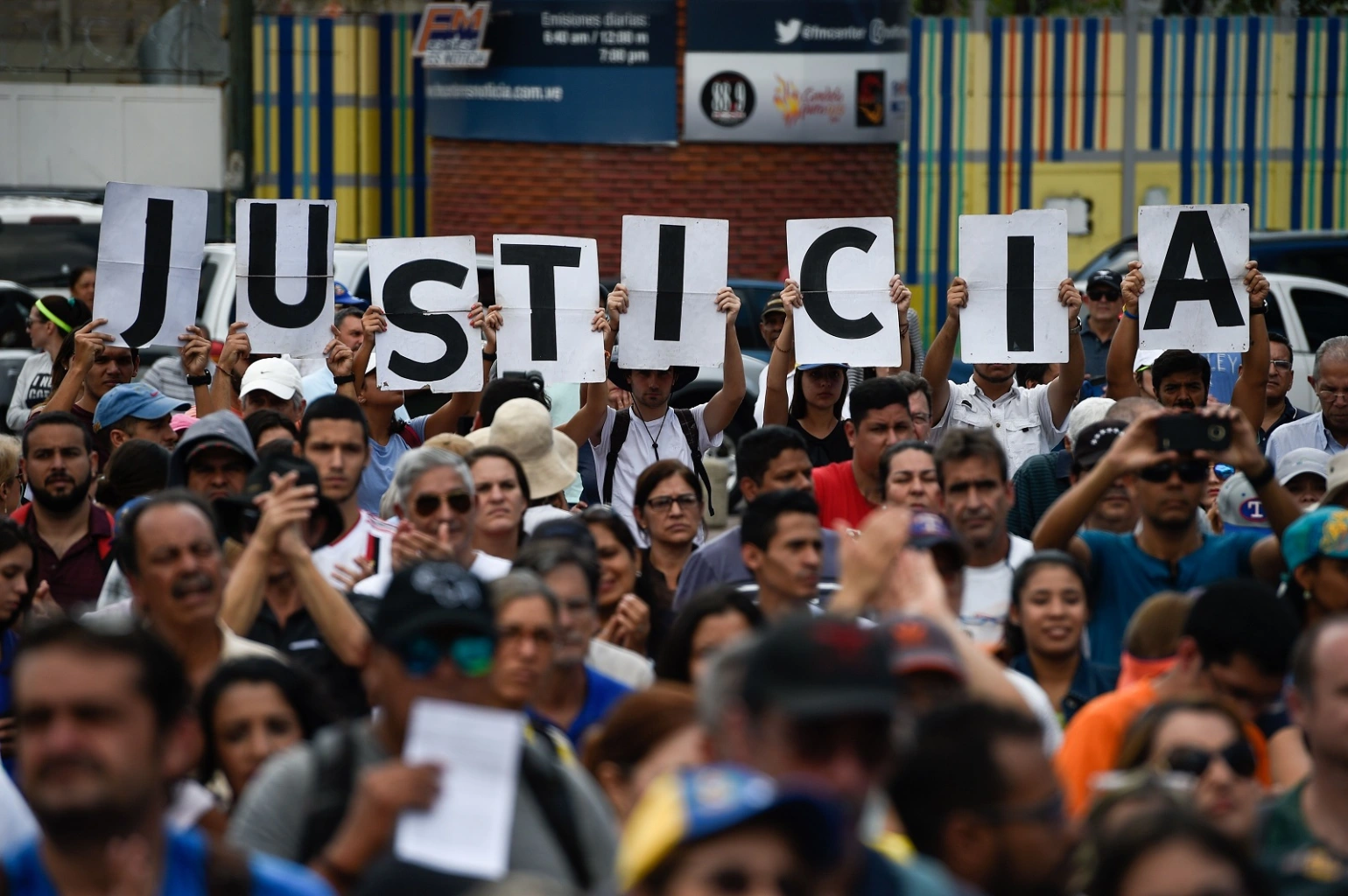After the end of the interim presided over by Juan Guaidó, the British Government ratified its commitment to democracy in the country.
The United Kingdom government issued a statement on Thursday in which it ratified its commitment to democracy in Venezuela and rejected the legitimacy of the administration established by Nicolás Maduro in the last 2018 elections, accused of fraudulent.
The announcement was made after last December 30, the National Assembly established in 2015 decided to end the interim presided over by Juan Guaidó since January 5 of this year, since “it did not meet its objective” of ending the the Maduro dictatorship. However, Parliament will remain in force in order to “protect” assets abroad and continue “fighting” against the Chavista regime.
“We respect the result of this vote. We continue to consider the National Assembly elected in 2015 as the last democratically elected National Assembly in Venezuela and we take note of the vote that extends its mandate for one more year,” the letter reads.
That is why the lack of international democratic standards in the country lead the United Kingdom not to “accept the legitimacy of the administration established by Nicolás Maduro.”
Facing the presidential elections that are being organized for 2024, the statement added that they will continue to work together with international partners to ensure that this is a democratic, free and fair process, as is the case in these countries.
“The restoration of democratic institutions and practices in Venezuela is essential and will help end the multiple crises that afflict the Venezuelan people,” the letter concluded.
The Opposition Landscape in Venezuela
After the cessation of the activities of the interim presidency of Guaidó, the Assembly decided to designate three deputies who are in exile as the head of the body. This is Dinorah Figuera, who took over as president; and Marianela Fernández and Auristela Vásquez as vice-presidents.
With this change of direction in the Board of Directors of the Assembly, Fiuguera assured that one of her priorities will be to once again get international support for Parliament.
Since its creation, in 2015, the Assembly has gained the support of almost fifty countries -including the United States, mainly during the Donald Trump era- but, over the years, that number has been decreasing.
For this, the closure of liaison offices abroad was ordered and, instead, progress will be made with “ad honorem” work by representatives of anti-Chavismo in these countries.
For its part, another of the opposition’s challenges for this 2023 will be to face the electoral primaries for next year’s elections. Guaidó demonstrated in recent days to propose a reunification that manages to defeat Maduro.
“The problem we have today is to reunify the democratic alternative. Reunited, Maduro is 100% defeatable ”, he mentioned to the AFP news agency on Monday.
Meanwhile, when asked about his possible candidacy, he omitted to give a precise answer. “My candidate is the union. My candidate, then, is the primary. When we have primaries, when we have a schedule, I will make a decision,” he said.
This article is originally published on infobae.com


